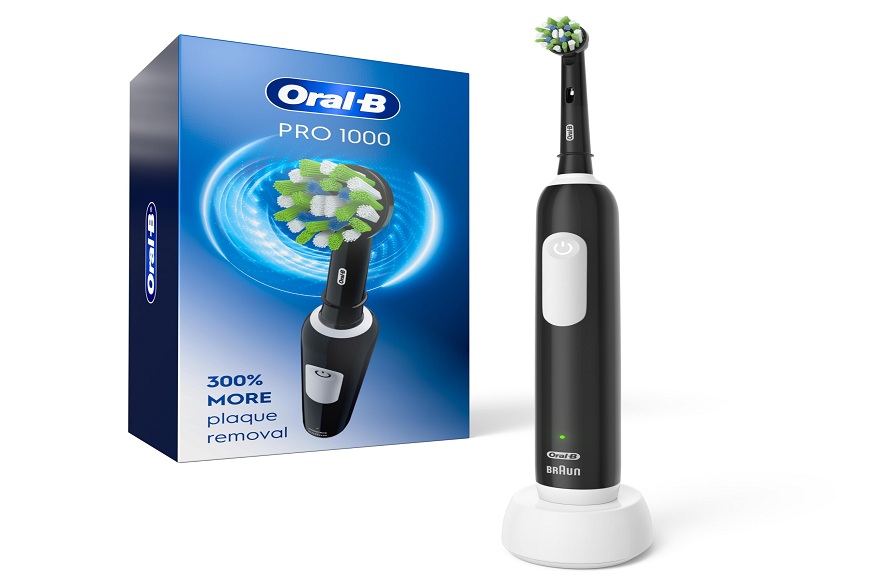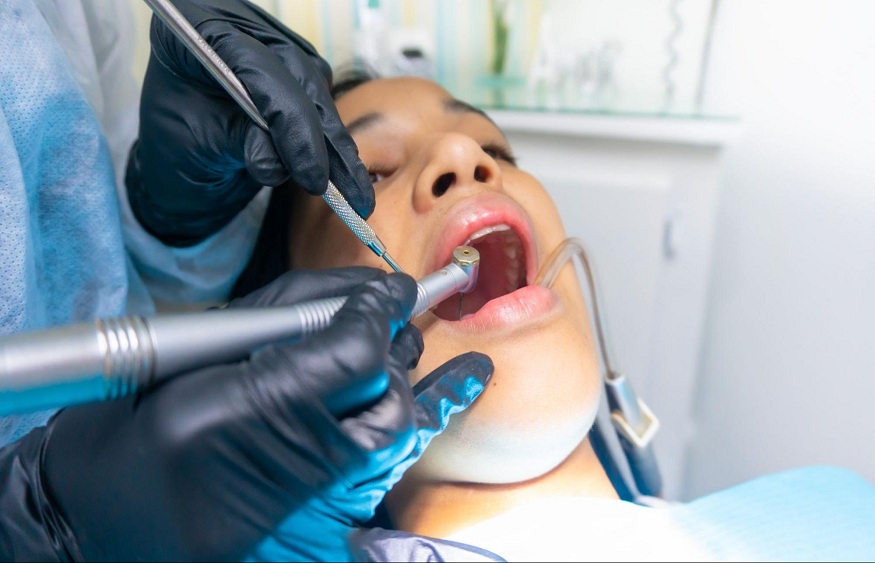Sensitive teeth and gums require extra care, and using the right toothbrush can make a noticeable difference. Many people experience discomfort due to gum recession, worn enamel, or inflamed gums, and brushing with a stiff or harsh brush can worsen these issues. Choosing a toothbrush designed for gentle cleaning helps protect teeth and gums, keeping oral hygiene effective and comfortable.
1. Understanding Tooth Sensitivity
Tooth sensitivity occurs when the underlying layer of the teeth, called dentin, becomes exposed due to thinning enamel or gum recession. Triggers such as hot, cold, sweet, or acidic foods can cause discomfort. Similarly, sensitive gums are often prone to bleeding, swelling, or tenderness due to improper brushing or gum diseases (like gingivitis). Using a toothbrush designed for gentle care can significantly reduce discomfort and improve oral hygiene.
2. Soft Bristles Are Key
For sensitive teeth and gums, the softness of bristles is the most crucial factor. Toothbrushes generally come in soft, medium, or hard bristles. Hard or medium bristles can damage enamel and aggravate gum sensitivity, whereas soft bristles provide adequate cleaning without causing trauma.
In India, leading brands offer soft-bristled toothbrushes specifically made for sensitive teeth. Oral-B sensitive toothbrushes, for instance, come in “soft” or “extra-soft” variants to clean gently without irritating delicate gums. They help reduce gum inflammation and support overall gum health. The brushes feature ergonomic handles for a comfortable grip and precise, controlled brushing.
3. Toothbrush Head Size Matters
A smaller toothbrush head is more effective for individuals with sensitivity. Compact heads allow better access to hard-to-reach areas, including the back molars, without excessive pressure. For Indian users, who often have varied diets with sticky foods like sweets and rice-based dishes, a smaller head ensures thorough cleaning without irritating sensitive gums.
4. Handle Design for Better Control
Ergonomically designed handles provide better grip and control, allowing users to brush gently without applying unnecessary pressure. Non-slip, cushioned handles are particularly useful for older adults or individuals with arthritis, ensuring that brushing remains comfortable and controlled. Many toothbrushes come with rubberised handles and contours to facilitate a gentle brushing experience.
5. Electric vs. Manual Toothbrushes
Electric toothbrushes with oscillating or rotating technology can be beneficial for sensitive teeth. They provide consistent pressure and motion, reducing the risk of over-brushing. Studies have shown that electric brushes with soft bristles are more effective at removing plaque while being gentle on gums. However, for those who prefer a manual toothbrush for sensitive teeth, it is important to focus on gentle, circular motions rather than vigorous back-and-forth strokes.
6. Additional Features for Sensitivity
Several toothbrushes designed for sensitive gums come with extra features:
- Indicator Bristles: Fade over time, reminding users when it’s time to replace the toothbrush.
- Pressure Sensors (in electric brushes): Alert users when brushing too hard.
- Angled Bristles: Reach between teeth and along the gum line for thorough cleaning without aggressive scrubbing.
7. Replacement Frequency
Even the best toothbrush loses effectiveness over time. For sensitive teeth and gums, it is recommended to replace brushes every three months or sooner if bristles appear frayed. Regular replacement ensures optimal cleaning and prevents bacteria buildup.
Conclusion
Choosing the right toothbrush for sensitive teeth and gums is important for oral care. Soft, small-headed brushes with ergonomic handles, or gentle electric toothbrushes, provide a comfortable and effective solution. Indian consumers should look for products specifically designed for sensitivity, paying close attention to bristle softness, head size, and handle design. When combined with proper brushing technique and regular dental check-ups, the right toothbrush can significantly improve oral health while protecting sensitive teeth and gums from further discomfort.




